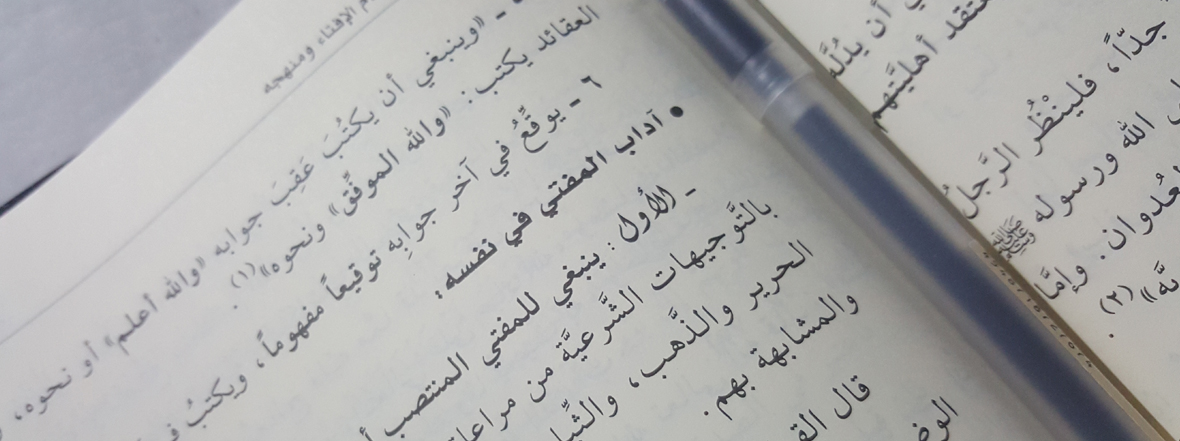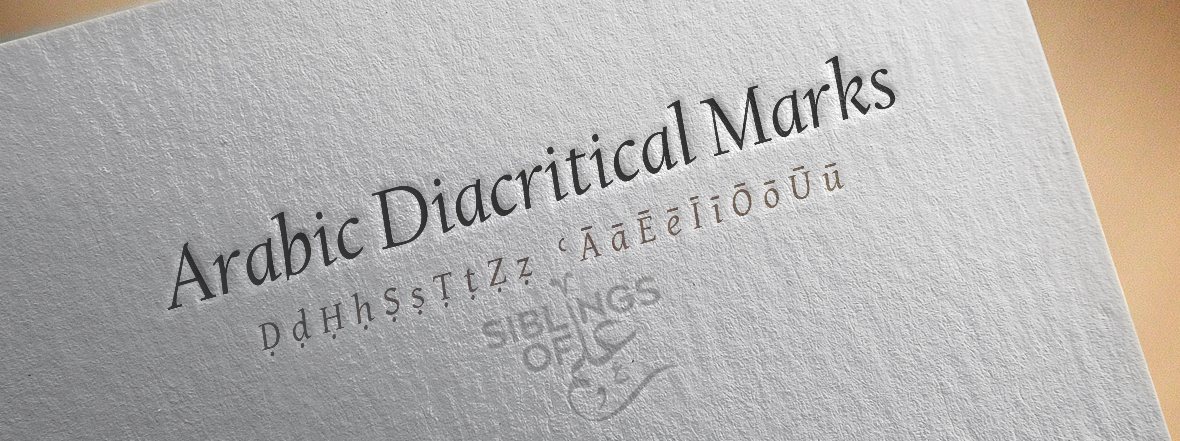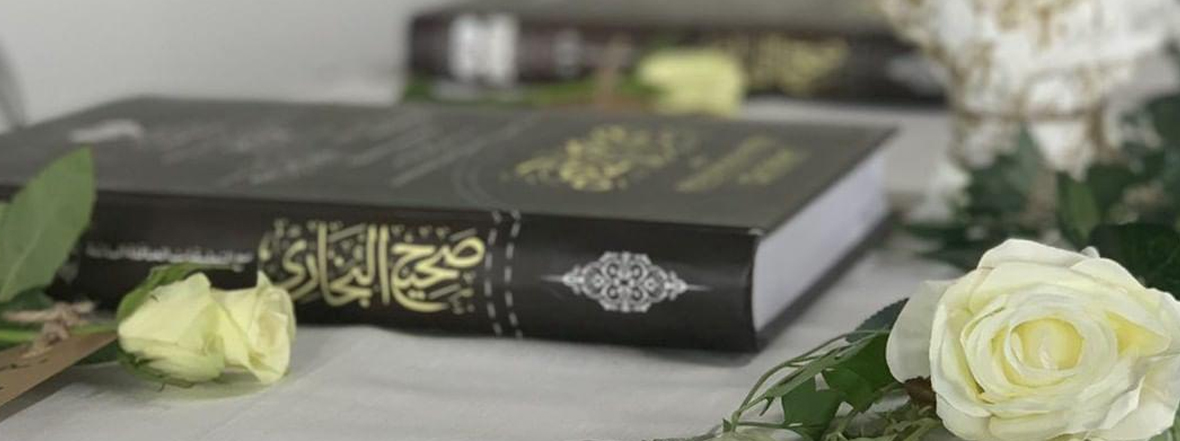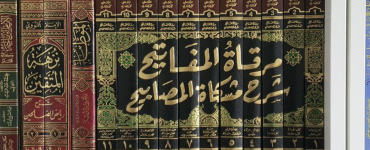As a student a lot of our time is spent writing, be it notes, articles or assessments. Scholars – both of today and the past – have written regarding this topic.
Usūl al-Iftā wa Ādābuhū, Muftī Muḥammad Taqī
In Usūl al-Iftā wa Ādābuhū, Muftī Muḥammad Taqī expounds on the etiquette of writing a fatwa. Although we are not striving to become scholars writing rulings of jurisprudence, rather mere students of ʿIlm, I feel many of these etiquette are relevant to us also.
One of the etiquettes Muftī Taqī states is that of writing in order to create ease for the reader. Although a lot of our writing has become digital today, therefore little importance is given to improving of one’s handwriting – although important, it is vital that we learn to type efficiently, the sentence structure, the use of vocabulary etc with the intention of creating ease for the individual we speak to. This in effect allows one to articulate their message in an eloquent manner.
Remember, some forms of speech can be magical.
إن من البيان لسحرا
Tadhkirat as-Sami wa’l-Mutakallim fi Adab al-‘Alim wa’l-Muta’allim, Ibn Jama’ah
In Tadhkirat as-Sami wa’l-Mutakallim fi Adab al-‘Alim wa’l-Muta’allim, Ibn Jama’ah (d. 733 AH) states the following in the chapter regarding handwriting:
“A student should not have small handwriting, because the text is there to indicate something and the clearer it is, the better.
One of the pious predecessors, on seeing small writing, would say, ‘This is the handwriting of someone who is not convinced that Allah will give him an heir.’
Another scholars said, ‘Write in a way that will be of benefit in a time of need and do not write in a way that will not be of benefit in a time of need.’ The time of need refers to old age and deterioration of eyesight.
Some institutes use small writing because it takes up less space. Granted, this [i.e saving paper] is a good intention, but what stands to be lost in the end is more serious than the benefit gained in saving space.
To write with ink is better than to write with midād [i.e ink from a plant], as it is more resistant.
A scholar said, ‘The pen should not be so hard that it slows down the flow, neither should it be so soft that it dries up quickly.’
Another said, ‘If you wish to improve your writing, make the body of your pen longer and thicker and hold it so that the nib is a slanted to the right.’
The knife should be sharp and used only to sharpen quills or to scrape [mistakes off] the paper, and not for anything else. The surface on which the quill is sharpened should be extremely firm. The scholars have praised the Persians reed as extremely dry and ebony wood as being firm and smooth.”
Ibn Jamaʿah al-Kināni (Allah have mercy on him) was an eminent scholar of ḥadīth, Jurisprudence and Qur’anic exegesis. He wrote the above almost 700 years ago which shows that the manner of writing, handwriting and the method(s) used was always of importance.






